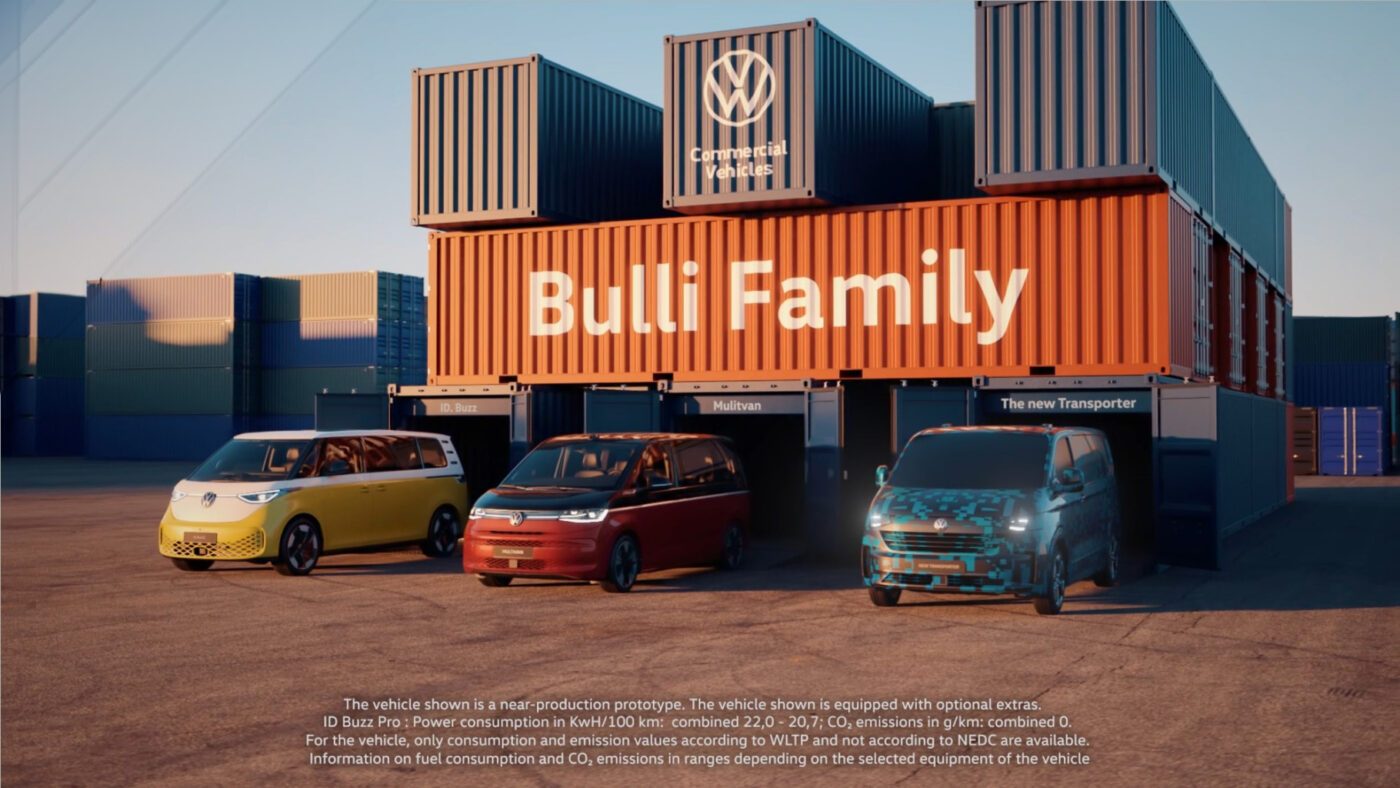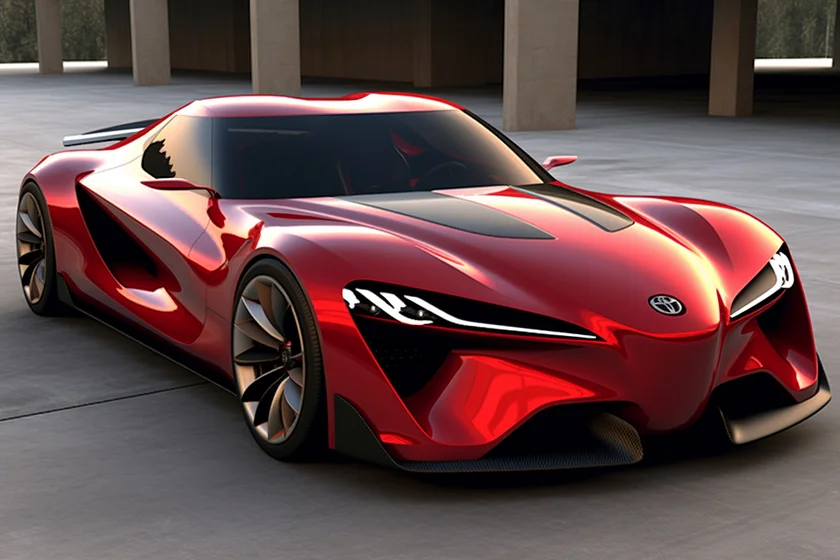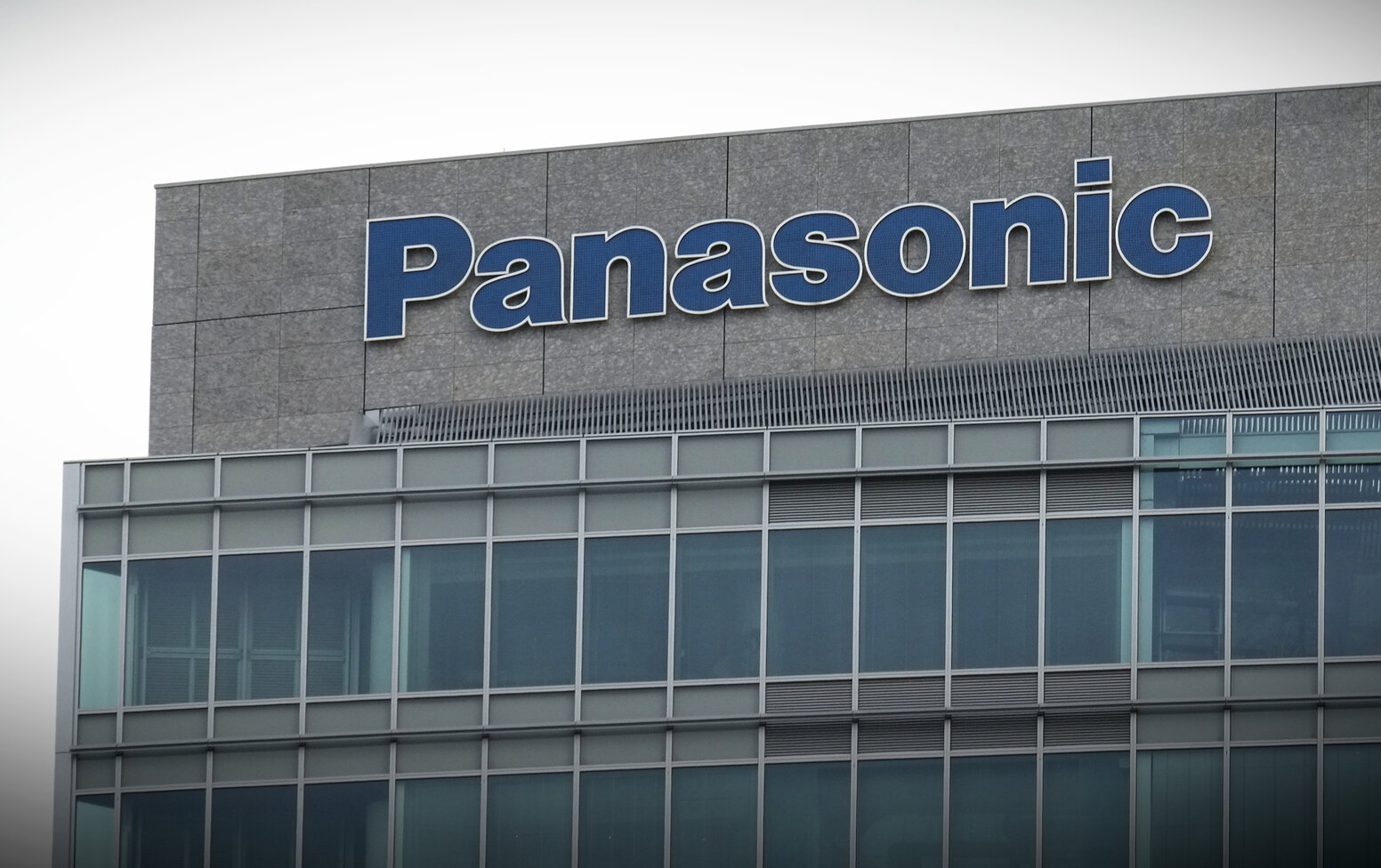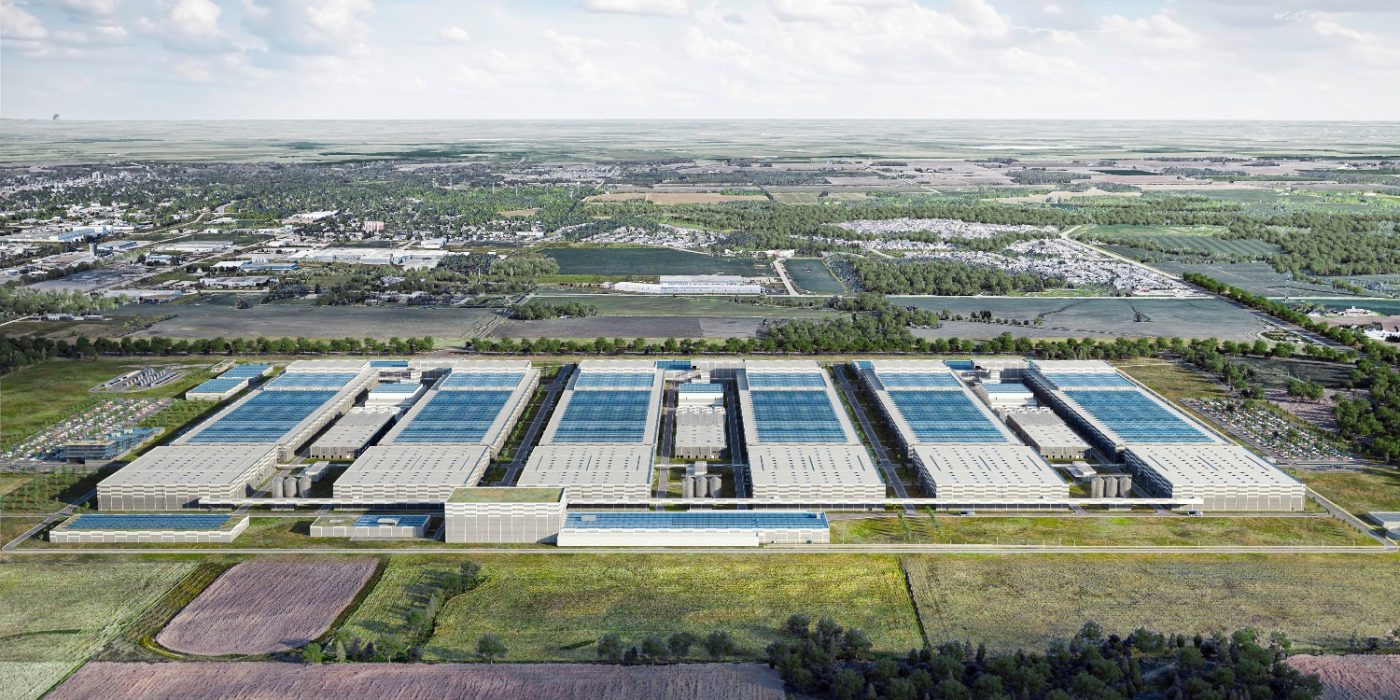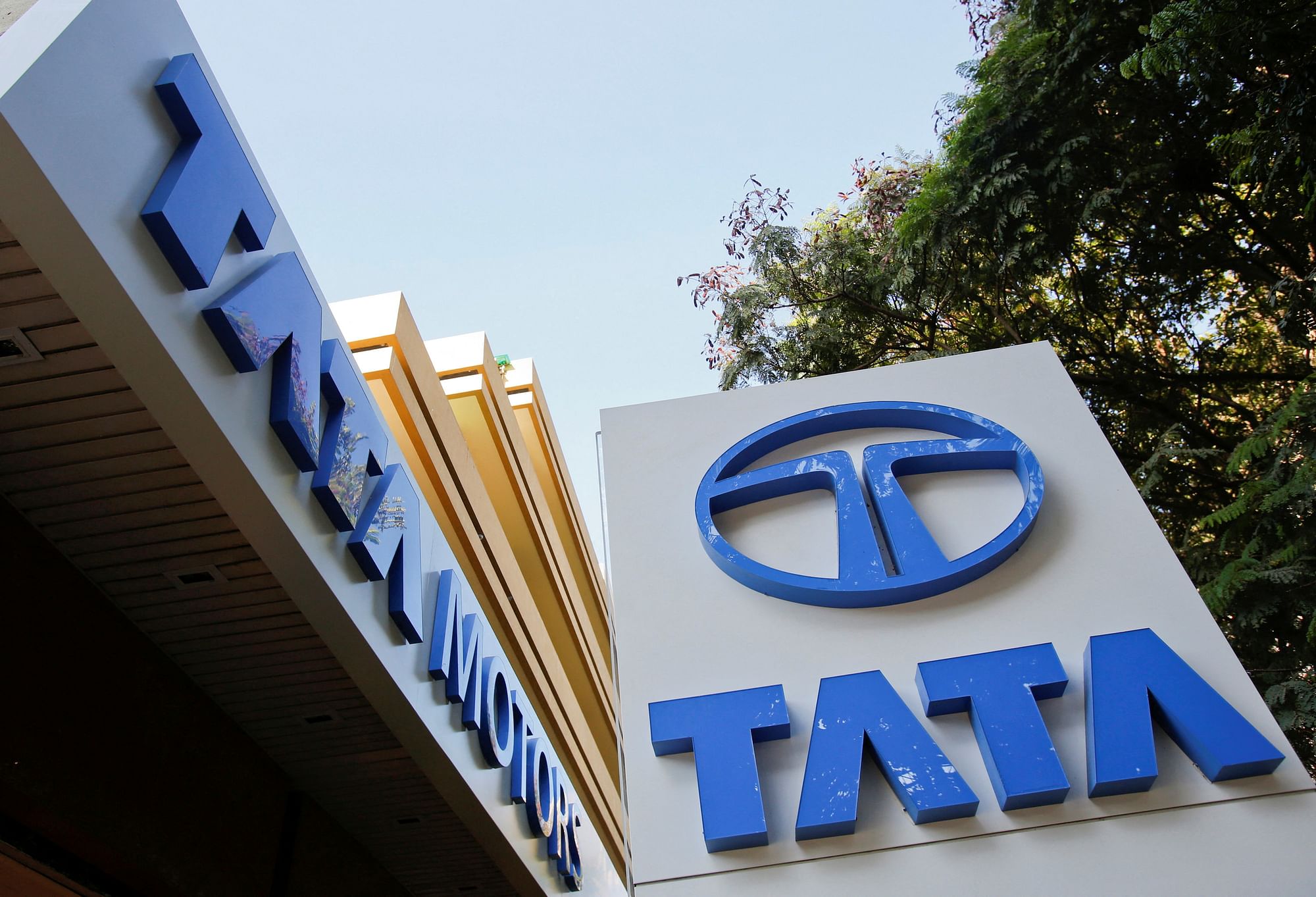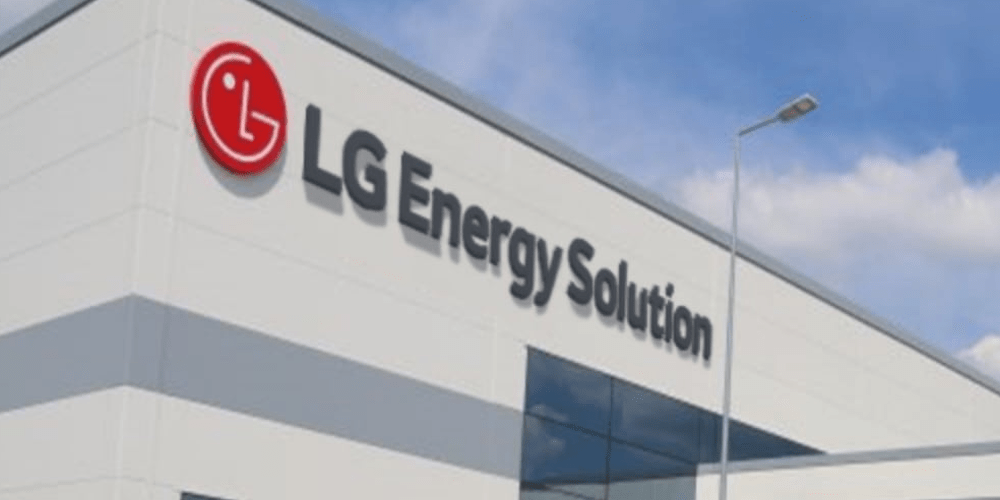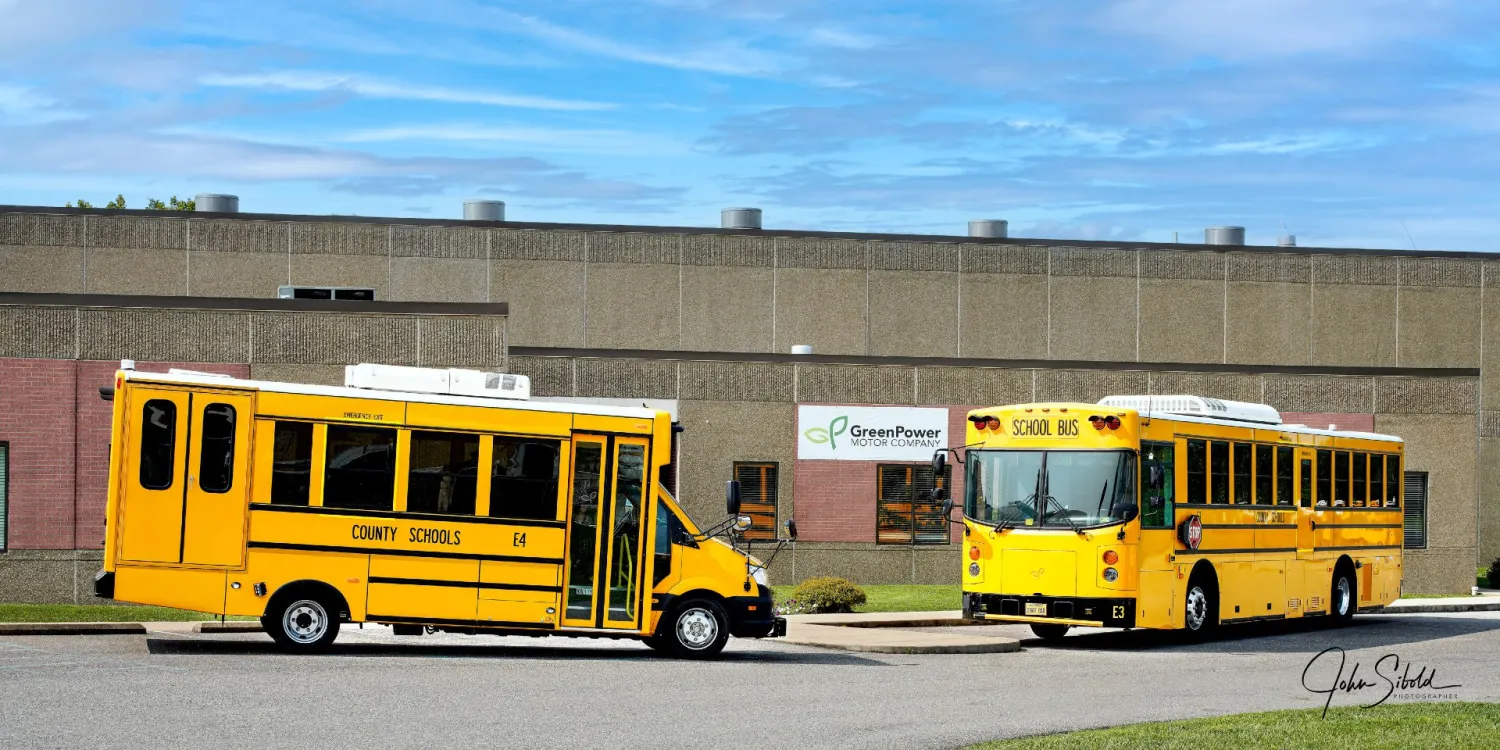Volkswagen Commercial Vehicles (VWN) has officially confirmed the upcoming release of the successor to the T6.1, with the new Transporter set to be available as a battery-electric van (BEV).
The new Transporter will be a comprehensive offering, featuring a panel van in two different lengths and heights, an estate, a platform van with a crew cab, and the Caravelle. Notably, the electric variant will join the lineup alongside diesel and plug-in hybrid options.
While specific technical details are yet to be disclosed, the Transporter is expected to share technology with the Ford Transit Custom and its electric counterpart, the E-Transit Custom. The production location is reported to be in Kocaeli, Turkey, although official confirmation is pending.
If VWN adopts the drive technology of the E-Transit Custom, customers may have the choice between a 100 kW and a 160 kW motor, utilizing a 400-volt battery with a usable energy content of 74 kWh. The estimated WLTP range is up to 380 kilometers, and rapid charging from 15 to 80 percent can be achieved in 41 minutes at a DC charging point with up to 125 kW. An 11 kW onboard charger is installed on the AC side.
The new E-Transit Custom’s panel van version offers a load volume ranging from 5.8 to 9.0 cubic meters and a load compartment length of up to 3.45 meters, with a payload of up to 1,100 kilograms.
It remains uncertain whether the VW models will mirror these specifications and include features such as 230-volt sockets in the interior and load compartment. Differences in technical data have been observed in passenger car models, such as the Ford Explorer E-SUV based on Volkswagen’s MEB.
The collaboration with Ford is acknowledged as temporary, as VWN’s brand boss, Carsten Intra, recently announced the development of VWN’s own electric platform. The company aims to transition all of its vans to battery-electric drives on this platform by 2028, with the large Crafter van representing the first model in the new “Space” electric family.
Despite the introduction of the T7 generation and the ID. Buzz, the T6.1 will continue to be available in the range, catering to tradesmen, transport services, and camper conversions with its payload of around one tonne. The T7, known as the Multivan, is based on the MQB passenger car platform to better address the preferences of private customers, while the electric ID. Buzz, based on the MEB platform, offers a payload of around 550 kilograms even in its cargo version.

